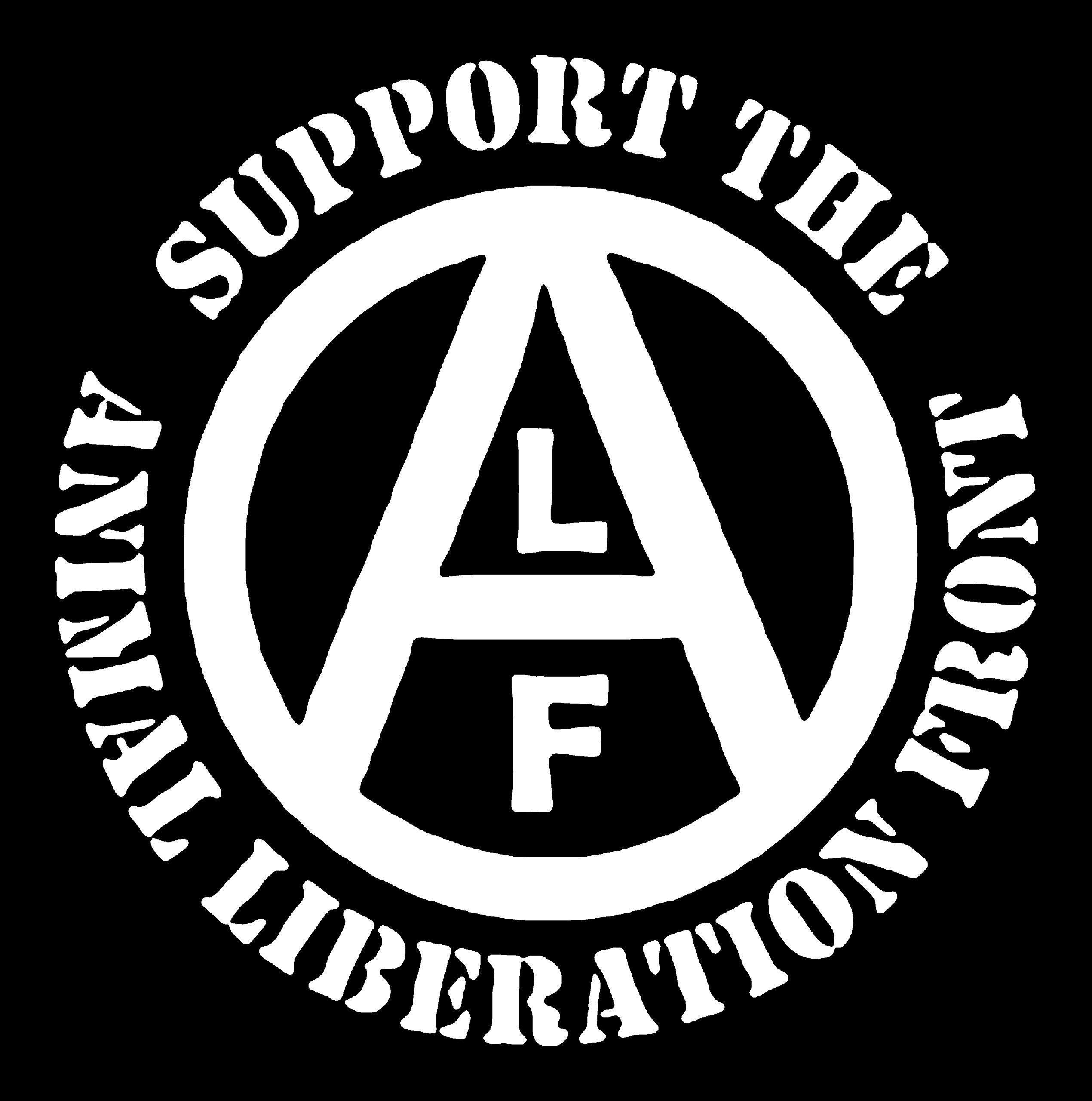“Animals and humans suffer and die alike. If you had to kill your own hog before you ate it, most likely you would not be able to do it. To hear the hog scream, to see the blood spill, to see the baby being taken away from its momma, and to see the look of death in the animal’s eye would turn your stomach. So you get the man at the packing house to do the killing for you. In like manner, if the wealthy aristocrats who are perpetrating conditions in the ghetto actually heard the screams of ghetto suffering, or saw the slow death of hungry little kids, or witnessed the strangulation of manhood and dignity, they could not continue the killing. But the wealthy are protected from such horror. . . . If you can justify killing to eat meat, you can justify the conditions of the ghetto. I cannot justify either one.”

“Factory farms and slaughterhouses are disproportionately located in low-income communities. So-called hog factories, for instance, produce huge amounts of air and water pollution that largely comes from the manure lagoons—huge pools of pig shit—always and necessarily present at these farms. The Food Empowerment Project reports, “Residents who live near these factory farms often complain of irritation to their eyes, noses, and throats . . . and increased incidents of depression, tension, anger, confusion, and fatigue.” 17 These sites have been reported to have higher concentrations of dangerous groundwater nitrates and hydrogen sulfide, and “runoff from factory farms—containing a wide range of pathogens, antibiotics, and toxic chemicals—can permeate aquifers and contaminate surrounding groundwater sources.” 18 Along with other health concerns, there are strong correlations between these pollutants and higher rates of asthma.” “Yet despite all the evidence of industrial meat production’s environmental and humanitarian harms, many people suggest that vegans aren’t helping to change the world’s food production systems, whereas conscientious omnivores are.”
Sunaura Taylor’s Beasts of Burden - intersecting animal and disability liberation.